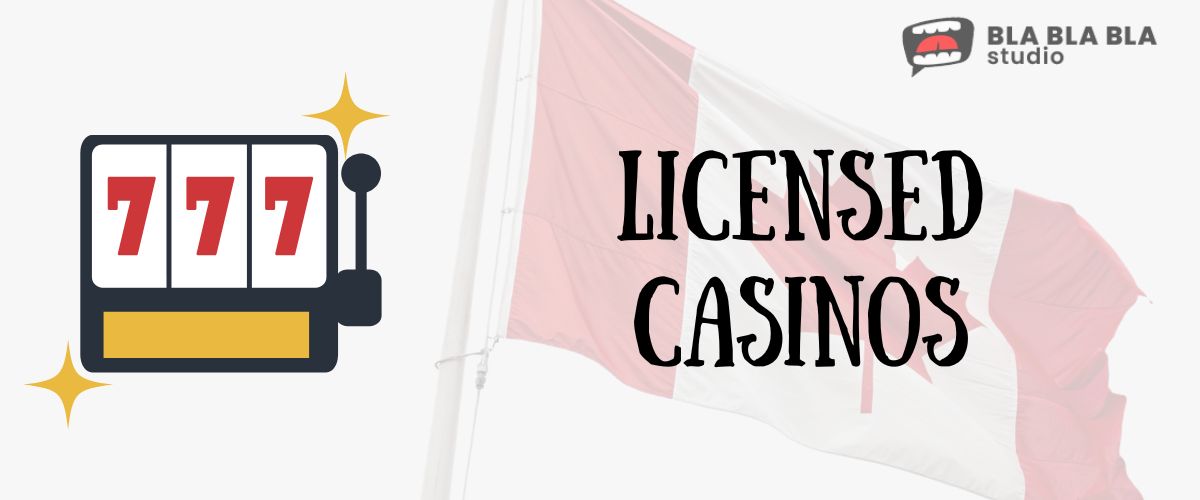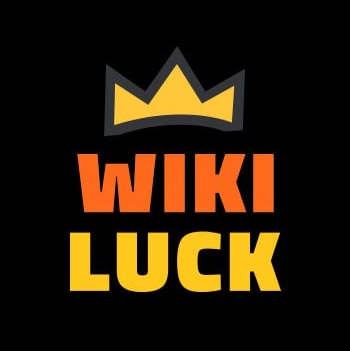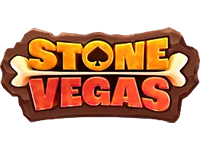Look, I’ve been running BlaBlaBlastudios for years now, and if there’s one thing I’ve learned from countless player complaints and regulatory nightmares, it’s this: licensed casinos aren’t just some fancy marketing buzzword. They’re your lifeline in an industry that’s crawling with sharks ready to take your money and ghost you faster than your ex after a bad breakup. Sure, getting a gambling license costs operators serious cash, but that’s exactly why it matters. Nobody drops six figures on licensing fees just to scam players out of fifty bucks.
Top Licensed Casinos 2025
After testing hundreds of platforms (and losing more sleep than I care to admit), I can tell you that 2025 has brought some genuinely solid licensed options to the table. The regulatory landscape has tightened up big time, which means fewer cowboy operations and more platforms that actually give a sh*t about player protection.

The cream of the crop combines rock-solid licensing with games that don’t make you want to throw your laptop out the window. We’re talking about casinos that pay out winnings without making you jump through more hoops than a circus poodle, offer customer support that actually responds before the heat death of the universe, and maintain withdrawal times that won’t test your patience like waiting for the Leafs to win a Cup.
How Do I Test Online Casinos
Testing casinos isn’t just about spinning some slots and calling it a day. Here’s my actual process, refined through years of dealing with both gems and absolute disasters:
- License Verification – First thing I do is check if their license is real. You’d be shocked how many fake licenses are floating around. I dig into the regulatory body’s database because screenshots can be doctored easier than a Hollywood movie.
- Banking Methods – I test deposits and withdrawals with real money. If they take your deposit instantly but need “3-5 business days” to process a $50 withdrawal, that’s a red flag bigger than the one at Parliament Hill.
- Game Fairness – I run statistical analysis on game outcomes over hundreds of spins. Random should feel random, not like you’re stuck in some rigged carnival game.
- Customer Support Response – I hit them up with both simple and complex issues at different times. If their live chat is just a bot pretending to be human, or if their email responses sound like they were written by someone’s cousin who barely speaks English, that’s a problem.
- Terms and Conditions Review – Yeah, I actually read the fine print so you don’t have to. If their T&Cs look like they were written by lawyers specifically to screw players, I call them out on it.
- Mobile Performance – I test everything on mobile because let’s face it, most of us are gambling while pretending to work or sitting on the toilet.
What Are Licensed Casinos?
Licensed casinos are online gambling platforms that have jumped through all the regulatory hoops to get official permission to operate legally. Think of a license like a driver’s license, but way more expensive and with actual consequences if you f*ck up.
These licenses come from legitimate gambling authorities like the Malta Gaming Authority, Curacao eGaming, or the UK Gambling Commission. Each authority has different standards, but they all require operators to prove they’re not running some backroom scam operation. The licensing process involves background checks, financial audits, technical testing of games, and ongoing compliance monitoring.
When a casino gets licensed, they’re essentially putting their money where their mouth is. They’ve invested serious cash into meeting regulatory standards, implementing responsible gambling tools, segregating player funds, and maintaining fair gaming practices. It’s like having a regulatory body constantly looking over their shoulder, ready to revoke their license if they step out of line.

How Does It Work?
The licensing system works on multiple levels, and honestly, it’s more complex than most people realize. When you deposit money at a licensed casino, your funds are supposed to be kept separate from the casino’s operational money in segregated accounts. This means if the casino goes belly-up tomorrow, your money should still be protected.

Licensed casinos also have to submit to regular audits of their random number generators, payout percentages, and financial records. They’re required to implement responsible gambling tools like deposit limits, loss limits, and self-exclusion options. Plus, they need to maintain detailed records of all transactions and player activities.
The complaint resolution process is another key component. If you have a dispute with a licensed casino and can’t resolve it directly, you can usually escalate it to the licensing authority. This gives players actual recourse instead of just shouting into the void on Reddit.
Pros and Cons
Advantages:
- Player funds protection through segregated accounts
- Regulated game fairness and RNG testing
- Dispute resolution through licensing authorities
- Responsible gambling tools are mandatory
- Regular compliance audits ensure standards are maintained
- Legal recourse if things go sideways
- Generally faster and more reliable withdrawals
Disadvantages:
- Often stricter verification requirements (more paperwork, ugh)
- May have lower bonus amounts due to regulatory restrictions
- Geographic restrictions can be more limiting
- Sometimes slower to adopt new payment methods
- Higher operational costs can mean slightly worse odds on some games
How to Choose the Best Licensed Casino
- Check the License Legitimacy – Don’t just look for a license logo. Verify it on the regulator’s official website. Fake licenses are everywhere, and scammers are getting creative.
- Read Recent Player Reviews – Skip the obvious fake 5-star reviews and look for detailed complaints or praise from real players. Check multiple review sites and forums.
- Test Their Customer Support – Contact them with a question before you deposit. If they’re unhelpful or take forever to respond, imagine dealing with them when you have a real problem.
- Examine Their Banking Options – Make sure they support payment methods you actually use, and check their withdrawal limits and processing times.
- Look at Their Responsible Gambling Tools – A good licensed casino will make it easy to set limits and take breaks. If these tools are buried or hard to find, that’s concerning.
- Compare Game Selection and Software Providers – Stick to casinos that use reputable game providers like NetEnt, Microgaming, or Evolution Gaming.
The Reality Check Nobody Talks About
Here’s something most gambling sites won’t tell you: even licensed casinos can be sketchy as hell. I’ve seen Malta-licensed casinos take months to pay out winnings and Curacao-licensed sites that operate more professionally than some UK-licensed platforms. The license is just the starting point, not the finish line.
The key is understanding that licensing is like having a security system on your house. It doesn’t prevent all problems, but it sure as hell makes thieves think twice. When you play at unlicensed casinos, you’re basically leaving your front door wide open and hoping for the best.
My Final Take on This Whole Mess
After years of dealing with everything from MGA casinos that treat players like royalty to Curacao casinos that operate in legal gray areas, my advice is simple: stick with licensed operators, but don’t let the license make you complacent. Do your homework, set your limits, and remember that the house always has an edge, licensed or not. At least with proper licensing, when you lose your money, you can be confident it was fair and square rather than some rigged bullsh*t designed to empty your wallet faster than a Vancouver rent increase.


































